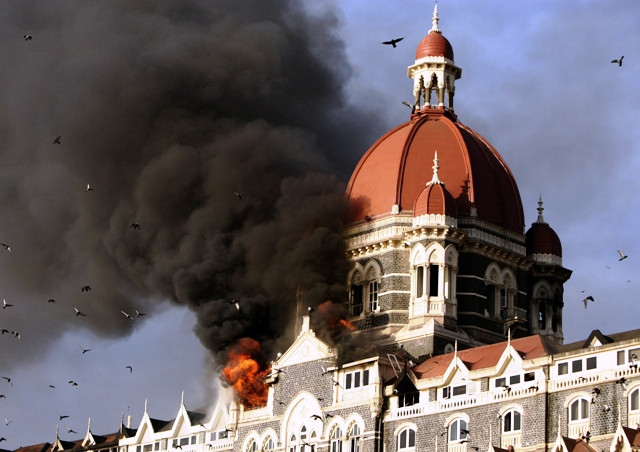Upholding Kasab’s death penalty
While India has right to be aggrieved about our slow response to Mumbai attacks, peace process should not be hindered.

India, too, can lend us a helping hand by allowing us to cross-examine prosecution witnesses. Much of the heavy lifting, however, will have to be done by Pakistan. The alleged mastermind of the attacks, Hafiz Saeed, roams free while his outfit, the Jamaatud Dawa, operates unimpeded across the country, despite having been classified as a terrorist group by the United Nations. These are not the actions of a state that is serious about bringing to justice those responsible for the 26/11 attacks.
While India has a right to be aggrieved about our lethargic response to the Mumbai attacks, the peace process should not be hindered. It is better to concentrate on issues like a liberalised visa regime and freer trade, where agreement can be sought. The spectre of terrorism will always hang over the two countries’ relations but should not be allowed to consume them. The Pakistani judicial system is notoriously poor when it comes to convicting alleged terrorists for a variety of reasons, including poor evidence gathering, fear of militant reprisals and interference from lawless intelligence agencies. Though this frustrates India, punishing the civilian government for these problems will only end up strengthening those who have no desire for peace.
Published in The Express Tribune, August 31st, 2012.



















COMMENTS
Comments are moderated and generally will be posted if they are on-topic and not abusive.
For more information, please see our Comments FAQ